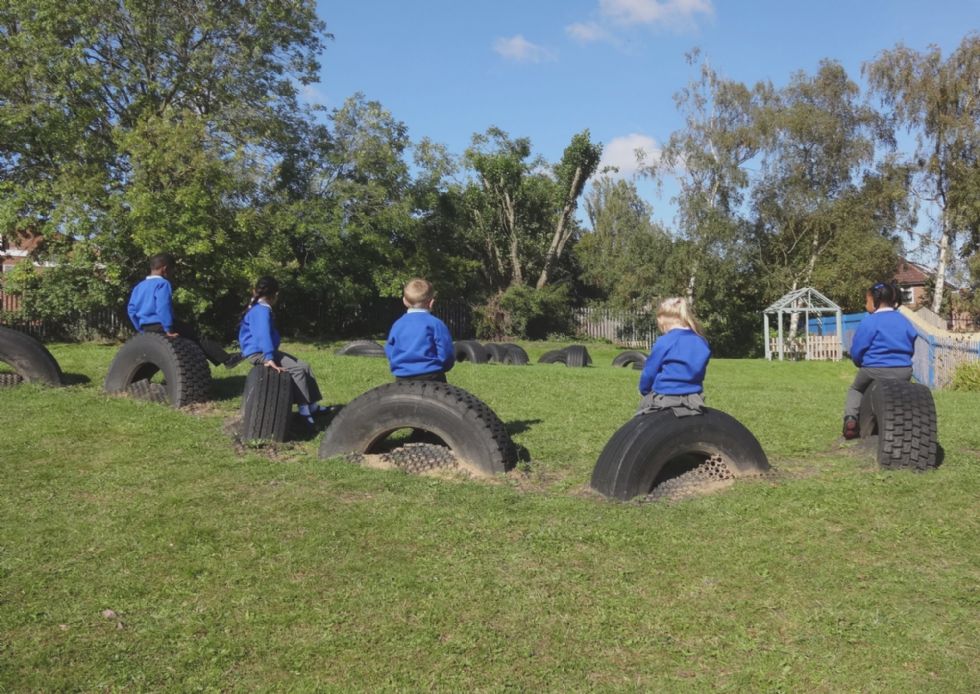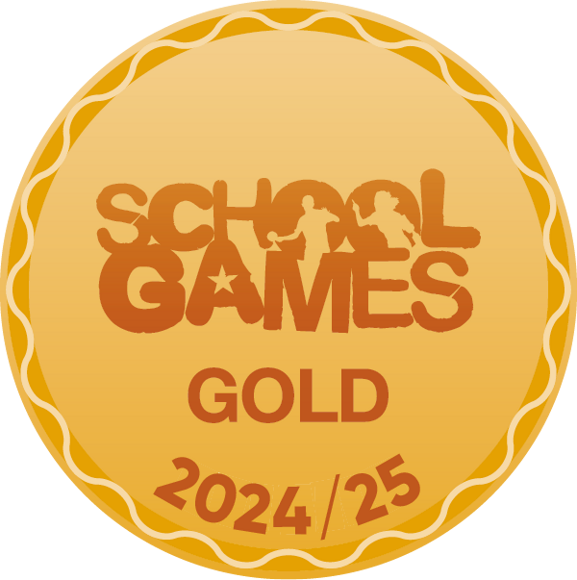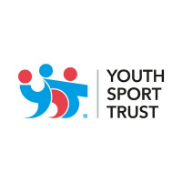Religious Education
“Different faiths are bound together by the need to help the younger generation to become considerate and active citizens.”
Queen Elizabeth II
RE is an important curriculum subject. It is important in its own right and also makes a unique contribution to the spiritual, moral, social and cultural development of pupils and supports wider community cohesion. The Government is keen to ensure all pupils receive high-quality RE.
Parents have the right to withdraw their children from religious education and/or collective worship. If this is a right you wish to exercise then please contact the headteacher in writing.
WE CAN provide teaching that develops knowledge and skills so children can learn and progress effectively
In the EYFS, Religious Education is taught under the Understanding the World area of Learning. Religious Education is addressed throughout the year as different celebrations are marked.
In KS1 and KS2, we follow the Locally Agreed Syllabus for RE. Birmingham’s syllabus lists 24 ‘dispositions’ which are taught in a spiralised curriculum. Children explore each disposition and revisit it while learning about major world faiths. Children learn about Christianity, Islam, Judaism, Sikhism, Hinduism, Buddhism and Jainism during their time at our school.
Vertical links from year to year will allow children to revisit and move on from their prior learning. Horizontal links are sometimes made, such as in Year One where children’s science and music work on animals is reflected through the story of Noah’s Ark or in Year Two where children link an understanding of religious beliefs to the work of George Cadbury in History.
A good RE lesson at Grendon is founded on respect, tolerance and understanding. It will be engaging and thought-provoking. Teachers should avoid stating personal or polarised opinions when talking about religion. Children will be presented with new knowledge in a sensitive manner and questions or misconceptions will be handled in an open and informative way. Children will have a clear outline of the purpose of their learning and will be set creative tasks to present what they have understood. Within lessons, children will have opportunities to share what they believe and to learn from and about the beliefs of others.
We base our teaching and learning style in RE on the key principle that good teaching in RE allows children both to learn about religious traditions and to reflect on what the religious ideas and concepts mean to them. Our teaching enables children to extend their own sense of values and promotes their spiritual growth and development. We encourage children to think about their own views and values in relation to the themes and topics studied in the RE curriculum. We extend this further by raising awareness of religious themes throughout the curriculum and the impact these may have in day to day life.
Children study particular religious faiths and also, over time, compare the religious views of different faith groups on topics such as rites of passage or festivals. Children discuss religious and moral issues in a variety of learning situations using a range of appropriate resources.
Our RE curriculum brings world faiths to life for our children. They experience practical drama tasks and handle and explore religious artefacts and replicas. In KS1 children are given opportunities to act out stories from the Christian Bible and to investigate Islamic Hajj rituals. In LKS2, children role-play being Sikh witnesses to the first Baisakhi and design their own Rangoli patterns when exploring the Hindu festival of Diwali. In UKS2, children explore Buddhism by participating in meditation and reflect on the significance of the names given to Jesus, and the significance of the gifts of the three kings, when dramatizing the Christian story of Christmas.
WE CAN offer enriching activities, event and experiences
Religious festivals such as Christmas, Easter and Eid feature within our enrichment programme as calendar events. This helps pupils to extend their knowledge understanding of religious traditions and the place of religious celebrations in society.
Festivals and celebrations are marked in our timetabled assemblies.
WE CAN work together to remove barriers and ensure equality
We teach RE to all children. We support all learners to make progress in RE by differentiating learning challenges in response to each child’s different needs. Some children might need additional adult support to access to the full range of activities involved in learning Religious Education.
WE CAN build independent and resilient learners who are able to communicate confidently
Class discussion is core element of our RE curriculum. This provides children many opportunities to use their listening and communication skills.
Children learn that people do not always have the same opinions in RE. They learn to share their own independent opinions, to listen to those of others and to manage these differences sensitively.
In RE children work towards linking the ideas they have gained and presenting these in new ways. Children are encouraged to use their growth mindset and to be resilient when dealing with challenges in lessons.
WE CAN listen to and treat each other and all members of the community with respect, tolerance and concern
Respect, tolerance and understanding of others is the basis for our RE learning. Children have opportunities to share what they believe listen to and learn from and about the beliefs and opinions of others.
WE CAN recognise ability, maximise potential and prepare children well for their future and life in modern Britain
Children will leave Grendon with the foundations they will need for secondary RE education. They will gain an understanding of the major world religions cultural differences and value systems found in Britain today.
Online Learning
BBC Bitesize and BBC Teach have lots of resources:









